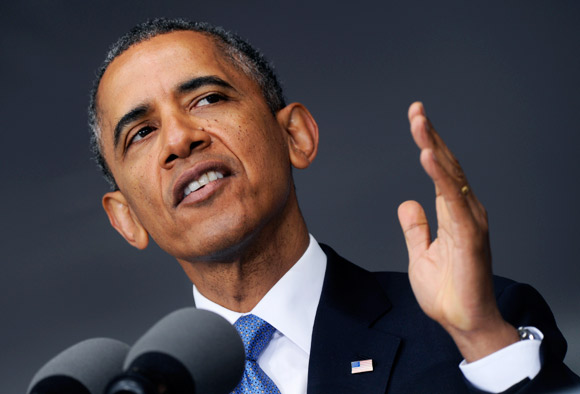We have been expecting this day for so long, but today is the day. Secretary of Homeland Security Janet Napolitano today announced the posting of a final rule in the Federal Register that reduces the time U.S. citizens are separated from their immediate relatives (spouse, children and parents), who are in the process of obtaining visas to become lawful permanent residents of the United States under certain circumstances. The final rule establishes a process that allows certain individuals to apply for a provisional unlawful presence waiver before they depart the United States to attend immigrant visa interviews in their countries of origin. The process will be effective on March 4, 2013 and more information about the filing process will be made available in the coming weeks.
U.S. Citizenship and Immigration Services (USCIS) received more than 4,000 comments in response to the April 2, 2012 proposed rule and considered all of them in preparing the final rule.
“The law is designed to avoid extreme hardship to U.S. citizens, which is precisely what this rule achieves,” USCIS Director Mayorkas said. “The change will have a significant impact on American families by greatly reducing the time family members are separated from those they rely upon.”
Under current law, immediate relatives of U.S. citizens who are not eligible to adjust status in the United States to become lawful permanent residents must leave the U.S. and obtain an immigrant visa abroad. Individuals who have accrued more than six months of unlawful presence while in the United States must obtain a waiver to overcome the unlawful presence inadmissibility bar before they can return to the United States after departing to obtain an immigrant visa. Under the existing waiver process, which remains available to those who do not qualify for the new process, immediate relatives cannot file a waiver application until after they have appeared for an immigrant visa interview abroad and the Department of State has determined that they are inadmissible.
In order to obtain a provisional unlawful presence waiver, the applicant must be an immediate relative of a U.S. citizen, inadmissible only on account of unlawful presence, and demonstrate the denial of the waiver would result in extreme hardship to his or her U.S. citizen spouse or parent. USCIS will publish a new form, Form I-601A, Application for a Provisional Unlawful Presence Waiver, for individuals to use when applying for a provisional unlawful presence waiver under the new process.
Under the new provisional waiver process, immediate relatives must still depart the United States for the consular immigrant visa process; however, they can apply for a provisional waiver before they depart for their immigrant visa interview abroad. Individuals who file the Form I-601A must notify the Department of State’s National Visa Center that they are or will be seeking a provisional waiver from USCIS.
Our office will attend a Phone Conference with the USCIS later today and we will provide further updates on this process in the next few weeks.
Please email us with any questions.
Continue reading
 President Obama closed off the year by announcing his highly anticipated executive action on November 20, 2014 which will go into effect early this year, but the executive action was only one of many important initiatives that occurred in 2014.
President Obama closed off the year by announcing his highly anticipated executive action on November 20, 2014 which will go into effect early this year, but the executive action was only one of many important initiatives that occurred in 2014. Visa Lawyer Blog
Visa Lawyer Blog



